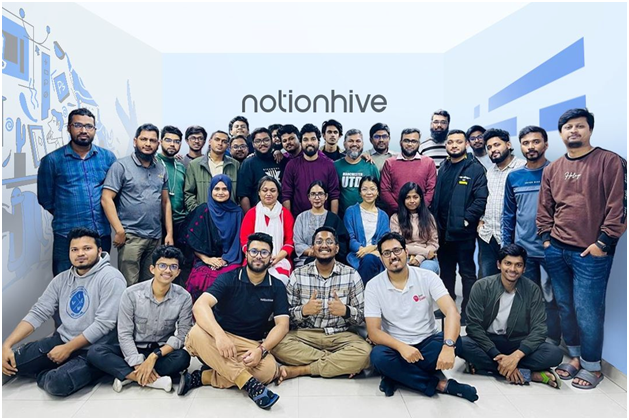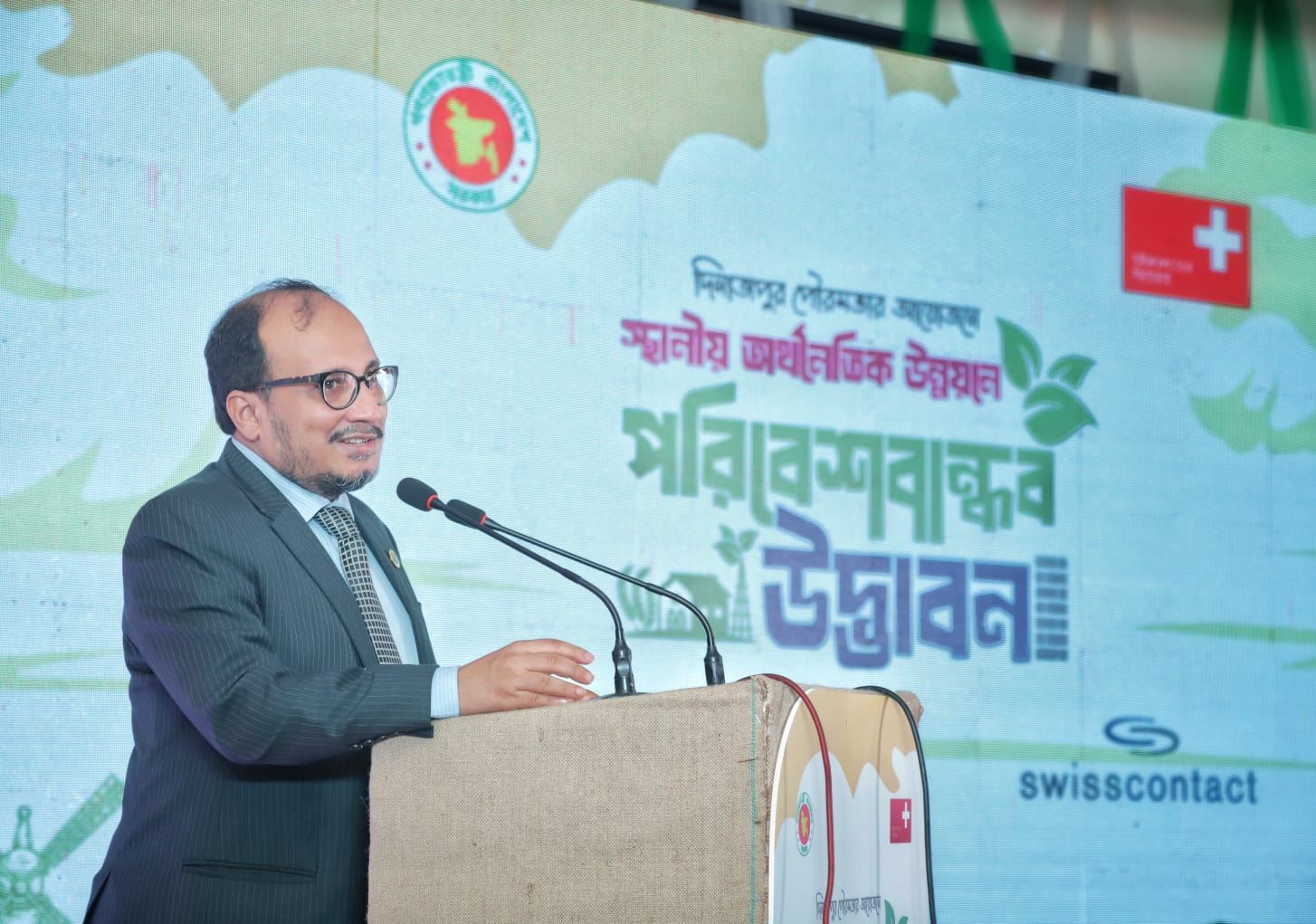
The day's programmes began by heralding gun salutes early in the morning as a mark of profound respect to the heroic struggle of this nation, which suffered a protracted subjugation under foreign rules from time to time till achieving their long-cherished Independence in 1971. COURTESY
The nation is celebrating the 52nd Independence and National Day today in a befitting manner. The government has taken elaborate programmes marking the Independence and National Day.
President Md Abdul Hamid and Prime Minister Sheikh Hasina gave separate messages extending heartfelt greetings and warm felicitations to the countrymen living both home and abroad on the eve of the day.
The day's programmes began by heralding gun salutes early in the morning as a mark of profound respect to the heroic struggle of this nation, which suffered a protracted subjugation under foreign rules from time to time till achieving their long-cherished Independence in 1971.
The national flag is being hoisted atop all government, semi-government, autonomous and private buildings with the rises of sun while all streets and important city intersections are decorated with national and multi-coloured miniature flags and festoons.
Important buildings and establishments as well as city streets and islands have been illuminated with colourful lights.
The National Martyrs' Memorial at Savar has become the main venue of the celebration of the day.
President Md Abdul Hamid and Prime Minister Sheikh Hasina placed wreaths early in the morning as a mark of profound respect to the memories of the martyrs.
People from all walks of life, including families of Bir Shreshthas, war wounded freedom fighters, members of the diplomatic corps, leaders of different political parties, social, cultural and professional bodies, also laid wreaths at the national memorial in the morning of the day.
National dailies have brought out special supplements while Bangladesh Betar, Bangladesh Television, private radio stations and television channels are airing month-long special programmes on Liberation War and highlighting the significance of the day.
Bangladesh Shilpakala Academy, Bangla Academy, National Museum, Liberation War Museum, Bangladesh Shishu Academy, and other social and cultural organisations arranged discussions, cultural programmes and sports competition while painting competition for children, essay and debate competitions have been organized virtually.
Liberation War based documentaries and movies are being screened at cinema halls across the country.
Reception will be accorded to freedom fighters and the members of martyred freedom fighters at city, zilla and upazila levels, while Bangladesh Postal Office published commemorating postal stamps.
Special prayers are being offered at all mosques, temples, churches and other places of worship across the country seeking divine blessings for the eternal peace of the departed souls of Father of the Nation, four national leaders, martyrs of the War of Liberation and all other patriotic sons of the soil.
Doa mahfil (special prayers) will be arranged at the mosques across the country including Baitul Mukarram National Mosque after Zohr prayer. Christian community members arranged special prayers at Tejgaon Church and Mirpur Baptist Church (3/7-a Senpara Parbata, Mirpur-10), Buddhist community members at International Buddhist Monastery at Merul Badda and Hindu community members at Dhakeshwari National Temple.
Improved meals have been be served to the inmates of hospitals, jails, old homes and orphanage centres to mark the day. The country's all children's parks and museums are remained open for all.
Naval ships of Bangladesh Navy will be exhibited at Sadarghat in Dhaka, Pagla Naval Jetty in Narayanganj, Naval Jetty, New Mooring in Chattogram, BIWTA Rocket Ghat in Khulna, Digraj Naval Berth, Mongla, BIWTA ghats in Barishal and Chandpur from 2pm until the sun sets.
The missions abroad will also celebrate the day through similar programmes.
Different political parties including ruling Awami League as well as socio-cultural and professional organisations have also taken various programmes to observe the day in a befitting manner.
The AL's programme includes hoisting of national and party flags atop Bangabandhu Bhaban along with central and party offices across the country in the morning immediately after sunrise and paying of rich tributes at the National Memorial at Savar at 6am.
AL leaders and workers also paid homage to Father of the Nation Bangabandhu Sheikh Mujibur Rahman by placing wreaths at his portrait in front of Bangabandhu Memorial Museum at Dhanmondi road number-32.
A delegation of the party placed wreath at the mausoleum of Bangabandhu at Tungipara in Gopalganj while doa and milad mahfil have been arranged.
Awami League will hold a discussion at the party's central office at Bangabandhu Avenue at 3pm on March 27.
AL President and Prime Minister Sheikh Hasina will chair the discussion through videoconferencing from her official Ganabhaban residence.
Marking the day, an e-poster has been published at the initiative of Father of the Nation Bangabandhu Sheikh Mujibur Rahman's Birth Centenary Celebration National Implementation Committee.
The national implementation committee has requested all to disseminate the e-poster widely in national dailies, electronic, online and social media.
Every year, the March 26 brings the most tragic reminiscence of the history's blackest episode that heralded a nine-month bloody ordeal from the night of March 25, 1971, achieving the long-cherished independence on December 16 the same year at the cost of a sea of blood.
In the wake of the military crackdown, Father of the Nation Bangabandhu Sheikh Mujibur Rahman, who became the undisputed leader of the then Pakistan following the massive victory of his party, Awami League, in the 1970 general elections, declared the independence of Bangladesh through the then EPR (East Pakistan Rifles) wireless at 00-30 hours on March 26 (the night following March 25) in 1971 at his historic Road-32 residence at Dhanmondi here.
The great leader also called upon the people to build up strong resistance against the Pakistani barbaric occupation forces.
The Pakistani military junta, in a bid to stop the legitimate movement of the Bangalees, arrested Bangabandhu on that night following his declaration of independence.
Later, Bangabandhu was taken to the then West Pakistan where he had to spend nine months in a dark condemned cell.
Bangabandhu wrote down the declaration of independence soon after the Pakistani army cracked down on the fateful night of March 25, 1971. The declaration of independence was soon put on air by wireless. The declaration was first broadcast by Awami League leader MA Hannan from Kalurghat Radio Station in port city of Chittagong on March 26, 1971.
The Pakistani military junta in their monstrous outburst unleashed a bloody holocaust breaking the silence of the night following March 25 in 1971 when they mercilessly killed hundreds of innocent sleeping Bangalees, including teachers, students, police, soldiers, pedestrians and rickshaw-pullers.
The nation soon launched the War of Liberation at the call of Father of the Nation Bangabandhu Sheikh Mujibur Rahman in the early hours of March 26.
Bangladesh emerged as an independent and sovereign country on December 16, 1971 with the surrender of the Pakistani occupation forces, who killed three million innocent civilians, perpetrated atrocities on two lakh Bangalee women and burnt down lakhs of houses across the country during the nine-month bloody war.












0 Comments